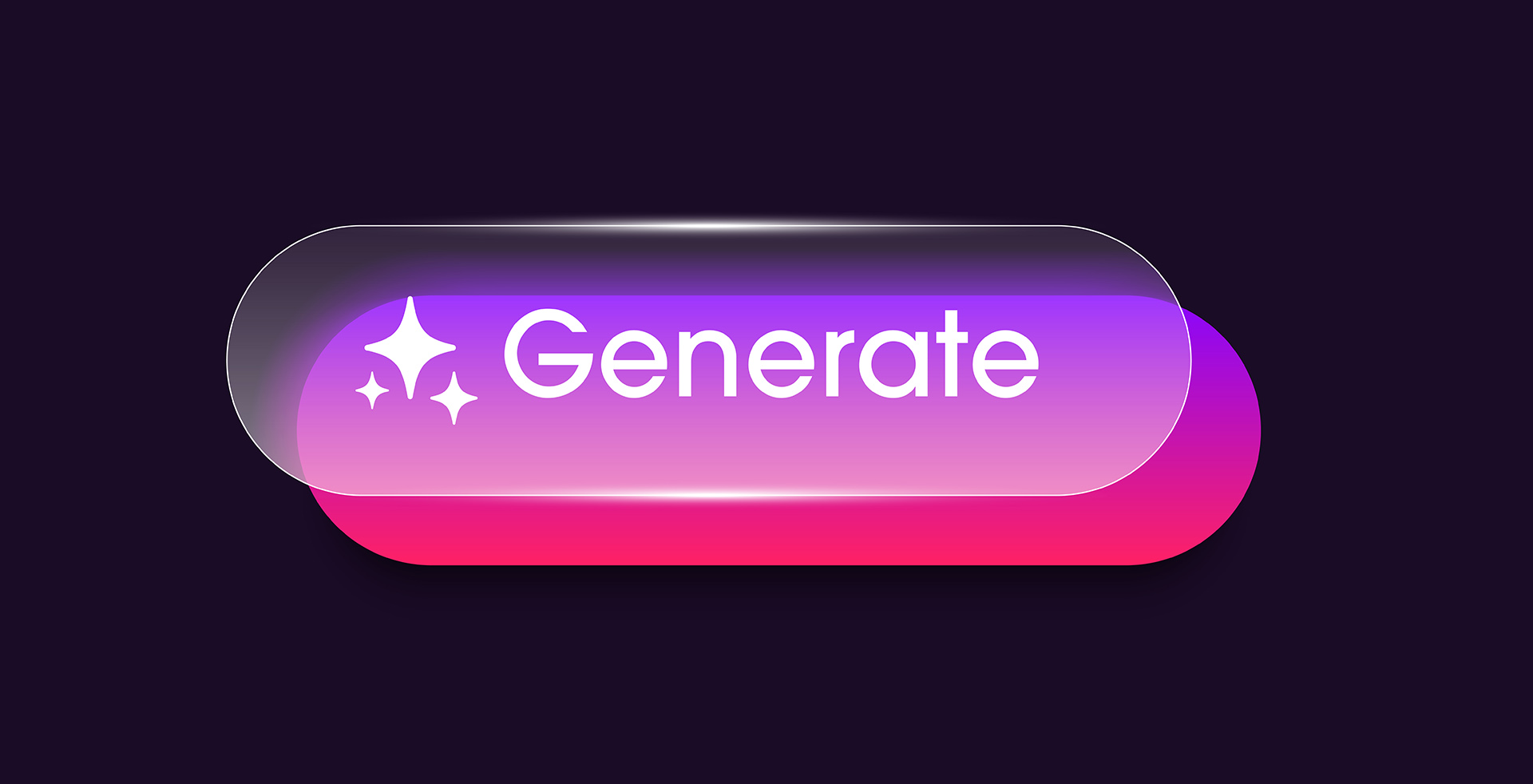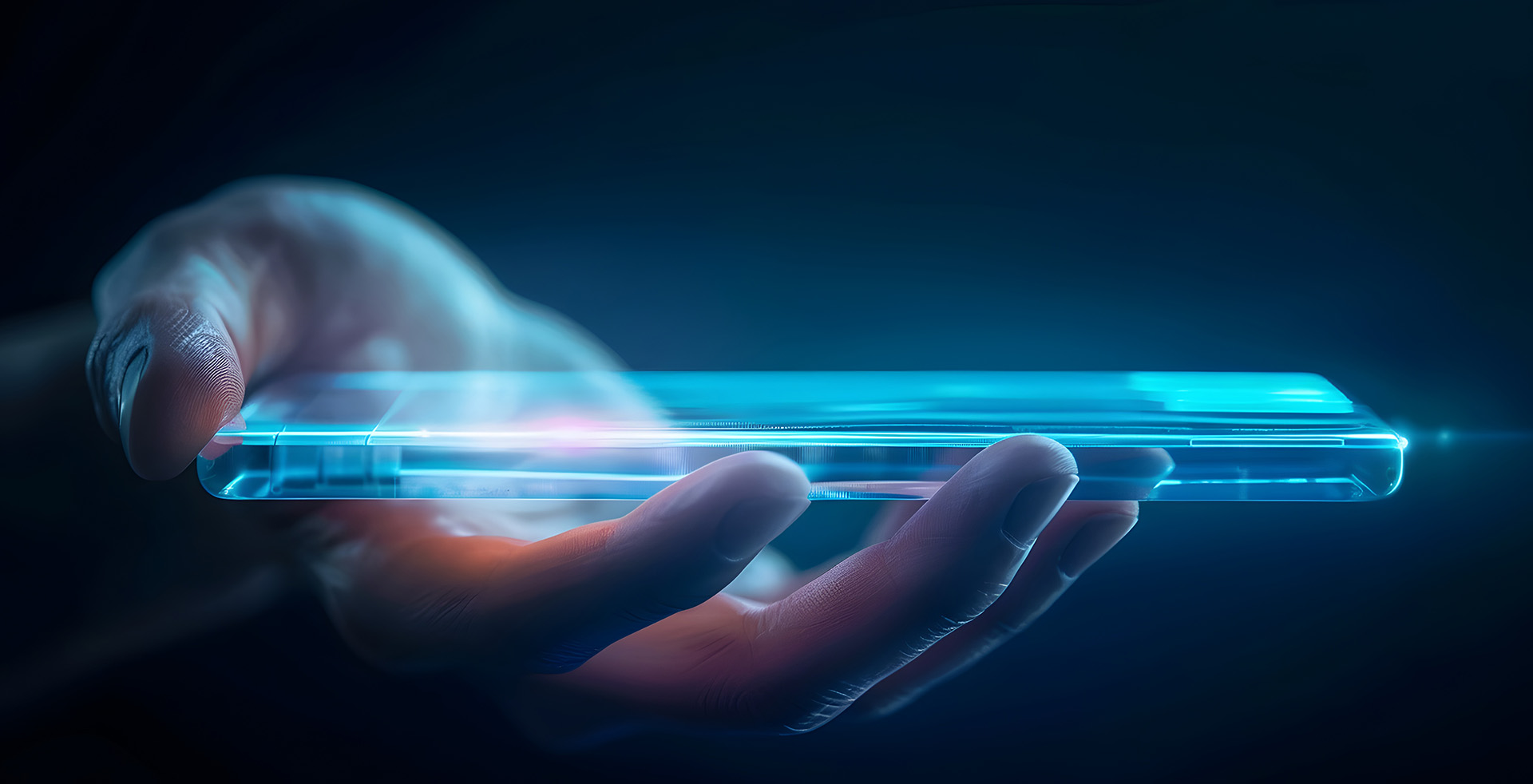The marketing world is undergoing a dramatic transformation, driven by the power of Generative AI. What was once a manual, time-consuming process of brainstorming, designing, and executing campaigns is now being accelerated by intelligent systems capable of creating high-quality content, personalized ads, and dynamic experiences in seconds. Generative AI is not just automating marketing tasks, it’s amplifying creativity, enabling marketers to do more with less while achieving higher precision and engagement.
The Evolution of AI-Driven Creativity
Generative AI refers to machine learning models that can produce new content, text, images, videos, audio, or even code based on the data they’re trained on. In marketing, this means AI tools can now write ad copy, design visuals, and generate personalized campaigns at scale. What once required creative teams weeks to conceptualize can now be ideated and tested in a fraction of the time.
Tools like ChatGPT, Midjourney, and Runway are leading this creative revolution, helping brands explore multiple design directions, optimize content for different audiences, and continuously refine messages based on performance data. Instead of replacing creativity, these systems are becoming powerful collaborators, freeing marketers from repetitive tasks so they can focus on strategy, innovation, and storytelling.
Revolutionizing Content Creation and Design
From automated blog writing to ad layout generation, AI-powered creativity tools are reshaping how marketers approach content creation. Visual design platforms now use generative algorithms to produce unique brand assets, while copy-generation tools help teams maintain consistent tone and messaging across all channels. Generative AI also enhances A/B testing and campaign experimentation, producing multiple creative versions and analyzing which resonates best with audiences. This iterative process transforms marketing from a static operation into a continuous learning system, where creativity is constantly refined through data.
Ethics, Authenticity, and Human Oversight
While the possibilities are exciting, the rise of AI-driven marketing also raises questions about authenticity, transparency, and ethics. As AI takes on more creative responsibilities, maintaining the human touch becomes essential. Brands must ensure that automation doesn’t dilute authenticity and that AI-generated content remains aligned with brand values and truthfulness. The future of marketing belongs to those who combine human intuition with machine precision, using AI as an amplifier, not a replacement, for creativity.
Conclusion
Generative AI is revolutionizing marketing by merging creativity with automation, enabling brands to achieve unprecedented levels of personalization, efficiency, and innovation. It’s no longer about choosing between human creativity and artificial intelligence, it’s about integrating the two to deliver experiences that are smarter, faster, and more impactful. In this new era, marketers who embrace AI as a creative partner will not only save time but also unlock possibilities that redefine what’s possible in digital storytelling.





In this article